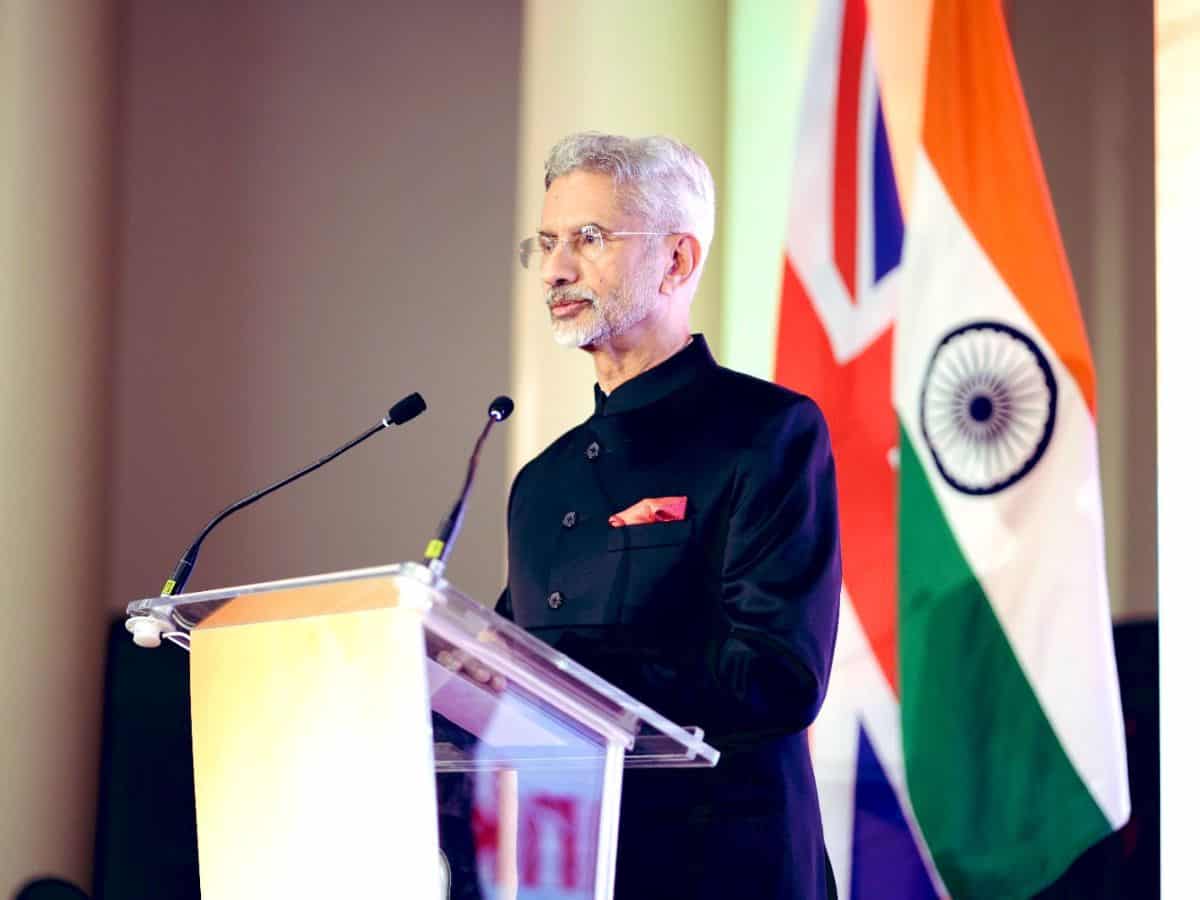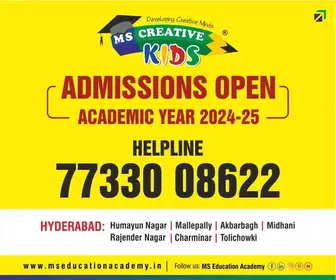New Delhi: India has been pushing for a two-state solution to the Palestine issue for many decades and an increasing number of countries are now not only supporting it but seeing it as “more urgent” than before, External Affairs Minister S Jaishankar said on Saturday, amid concerns over the prevailing situation in Gaza.
He made the remarks at an interactive session at a security conference in Munich in presence of US Secretary of State Antony Blinken and German Foreign Minister Annalena Baerbock.
The external affairs minister described the October 7 attacks on Israeli cities by Hamas as “terrorism” but at the same time, referring to Tel Aviv’s response, said Israel has an international obligation to observe the humanitarian law.
He said it is important that Israel should have been very mindful of civilian casualties.
Explaining New Delhi’s position on the conflict, Jaishankar said there are different dimensions to it, and broadly classified them into four points.
“Number one — we must be clear that what happened on October 7 was terrorism; no caveats, no justification, no explanation. It was terrorism,” he said.
“Number two, as Israel responds, it is important that Israel should have been very mindful of civilian casualties. It has an international obligation to observe humanitarian law,” Jaishankar said.
Mentioning point number three, he said the return of hostages today is imperative.
“Number four — There is a need for a humanitarian corridor, a sustainable humanitarian corridor to provide relief. And eventually, there has to be a permanent fix, a long-term fix. Otherwise we are going to see a recurrence,” he said.
The external affairs minister also highlighted India’s long-held position on the Palestine issue.
“Certainly India has long believed in a two-state solution. We have maintained that position for many decades and, I think, today many more countries in the world feel not just that the two state solution is necessary, but it is more urgent than it was before,” he said.
Israel has been continuing its military offensive in Gaza as part of its retaliation to the unprecedented attack on Israeli cities by Hamas on October 7.
Hamas killed around 1,200 people in Israel and kidnapped more than 220 others some of whom were released during a brief ceasefire.
Over 25,000 people have been killed in Gaza in the Israeli offensive, according to the Hamas-run authorities in Gaza.
India has been calling for de-escalation of the situation and creating conditions for an early resumption of direct peace negotiations towards a two-state solution to the Palestine issue.
India strongly condemned the terror attack by Hamas.
Asked about India’s foreign policy priorities in the backdrop of observations that it is traversing from ‘non-alignment to all alignment’, Jaishankar asserted that the country should not be criticised for having multiple options.
While putting the question, the moderator specifically mentioned India’s continuing procurement of crude oil from Russia notwithstanding Moscow’s invasion of Ukraine.
“Why should it be a problem? I am smart enough to have multiple options. You should be admiring and not criticising. Is it a problem for others? I do not think so,” he said.
In that context, Jaishankar explained different pulls and pressures countries face, adding that different nations have different histories and challenges and it is very hard to have an unidimensional relationship.
“I do not want you, even inadvertently, to give the impression that we are purely and unsentimentally transactional. We are not. We get along with people, we believe in things, we share things, …but there are times when you are located in different places, different levels of development, different experiences, all of that gets into it,” he explained.
“So Life is complicated, life is differentiated,” he said.
“Good partners provide choices, smart partners take some of those choices,” Jaishankar said.
To a question, the external affairs minister said the BRICS (Brazil-Russia-India- China-South Africa) grouping started in an era when the Western dominance was very strong.
The premier gathering of the world was G7 and you had a number of significant powers in the world which felt that they were not part of the G7 but can also bring values to table.
Jaishankar said last year, around 30 countries showed interest to be part of BRICS as they saw value in it.
There must be something good we have done, he said.
“I think it is important today to make a distinction between being non-West and anti-West. I would certainly characterise India as a country which is non-West but which has extremely strong relations with the Western countries that is getting better by the day,” he added.









